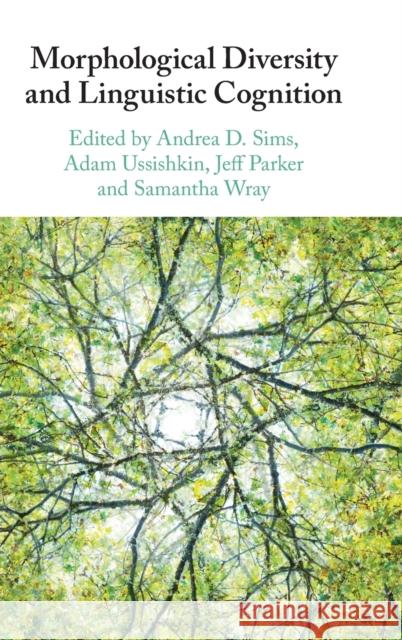Morphological Diversity and Linguistic Cognition » książka
Morphological Diversity and Linguistic Cognition
ISBN-13: 9781108479899 / Angielski / Twarda / 2022 / 320 str.
Morphological Diversity and Linguistic Cognition
ISBN-13: 9781108479899 / Angielski / Twarda / 2022 / 320 str.
(netto: 440,81 VAT: 5%)
Najniższa cena z 30 dni: 459,67
ok. 16-18 dni roboczych.
Darmowa dostawa!
Morphological structures interact dynamically with lexical processing and storage, with the parameters of morphological typology being partly dependent on cognitive pathways for processing, storage and generalization of word structure, and vice versa. Bringing together a team of well-known scholars, this book examines the relationship between linguistic cognition and the morphological diversity found in the world's languages. It includes research from across linguistic and cognitive science sub-disciplines that looks at the nature of typological diversity and its relationship to cognition, touching on concepts such as complexity, interconnectedness within systems, and emergent organization. Chapters employ experimental, computational, corpus-based and theoretical methods to examine specific morphological phenomena, and an overview chapter provides a synthesis of major research trends, contextualizing work from different methodological and philosophical perspectives. Offering a novel perspective on how cognition contributes to our understanding of word structure, it is essential reading for psycholinguists, theoreticians, typologists, computational modelers and cognitive scientists.











